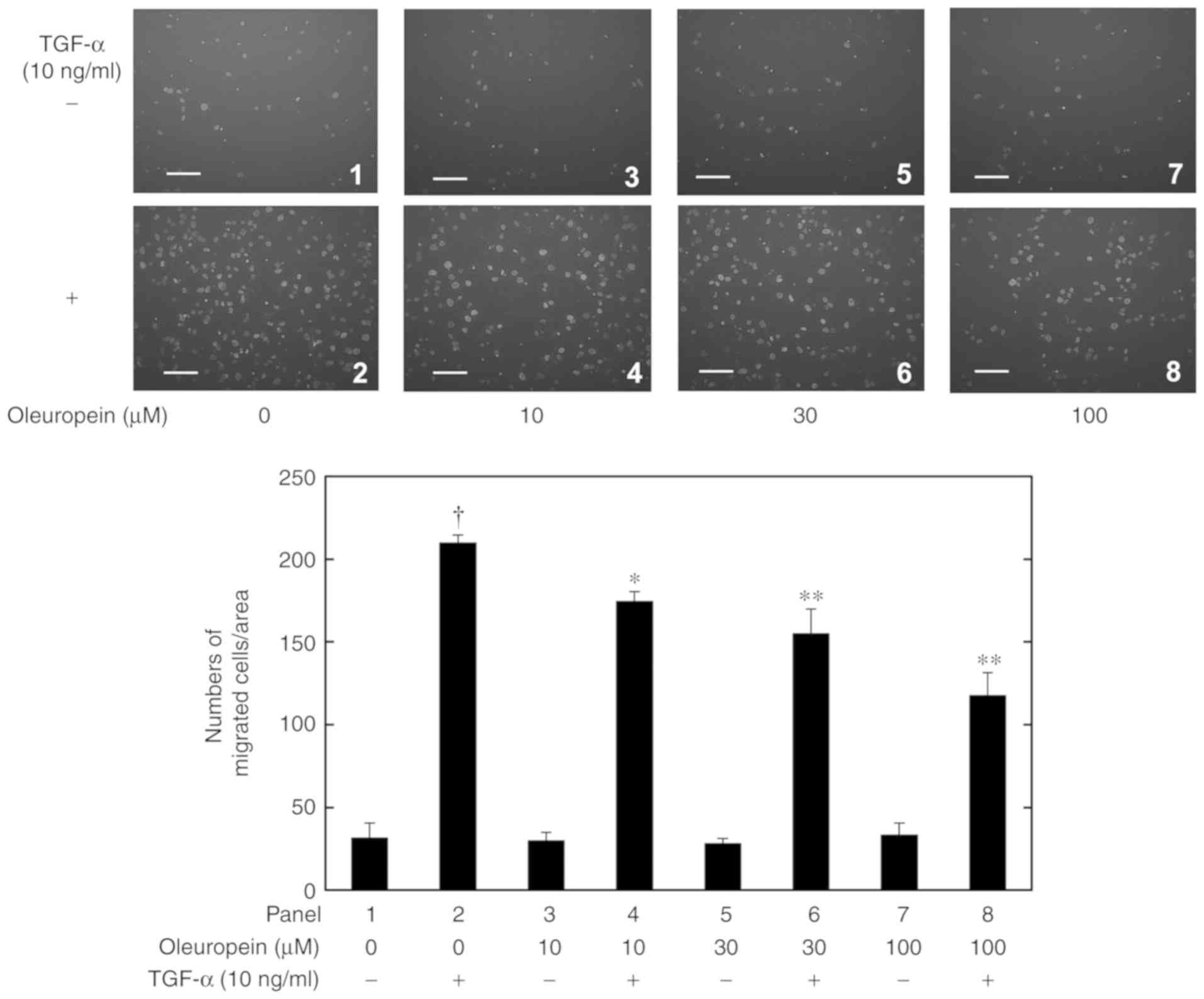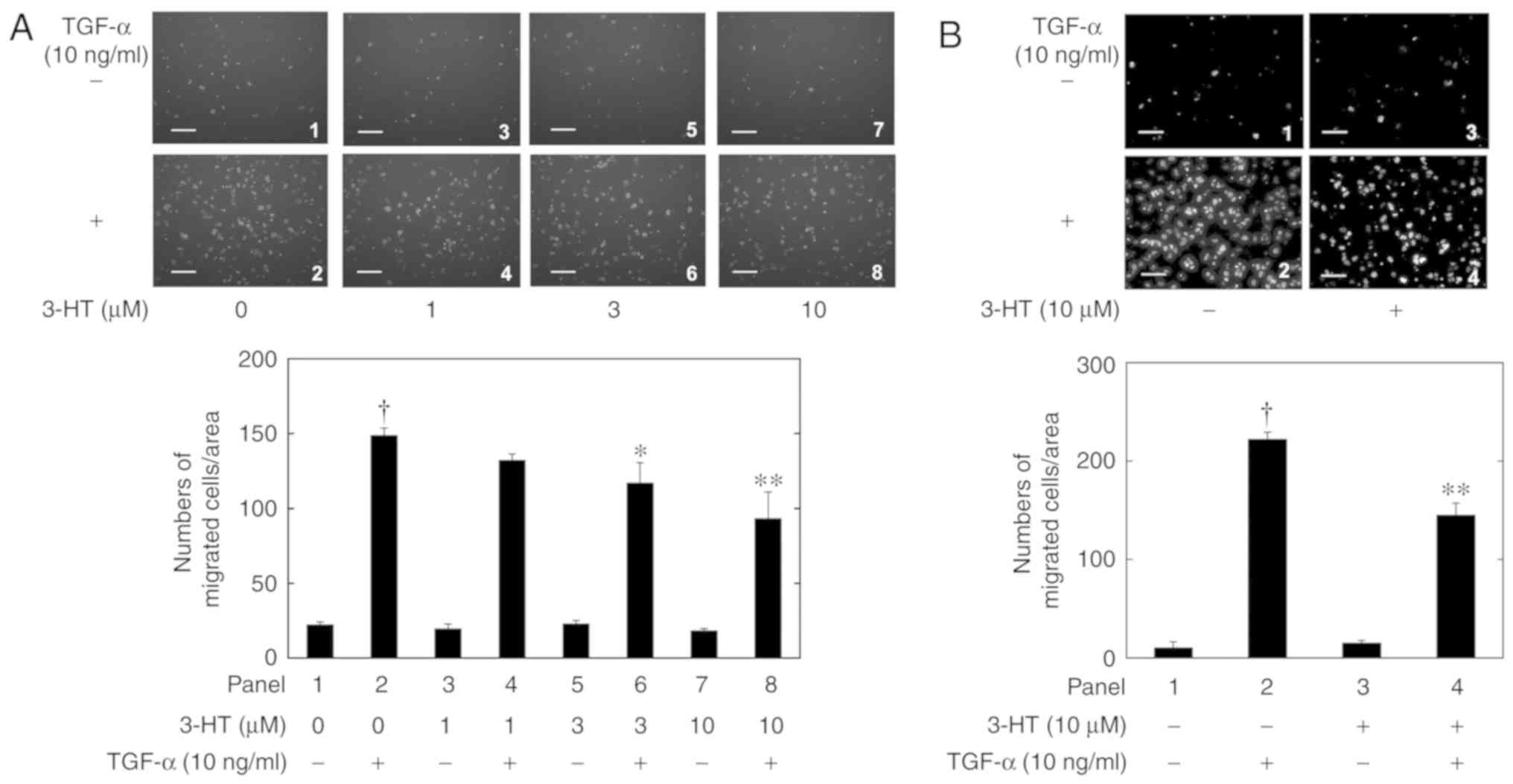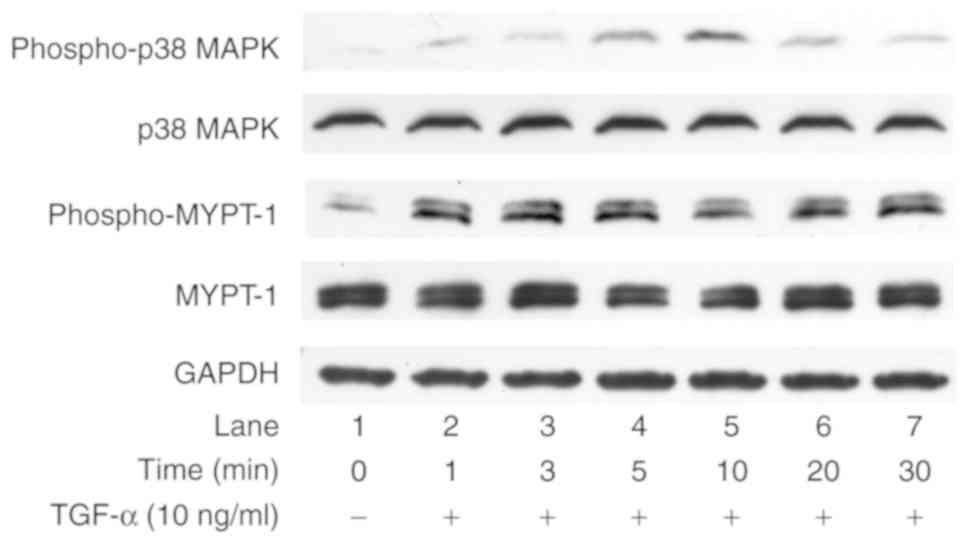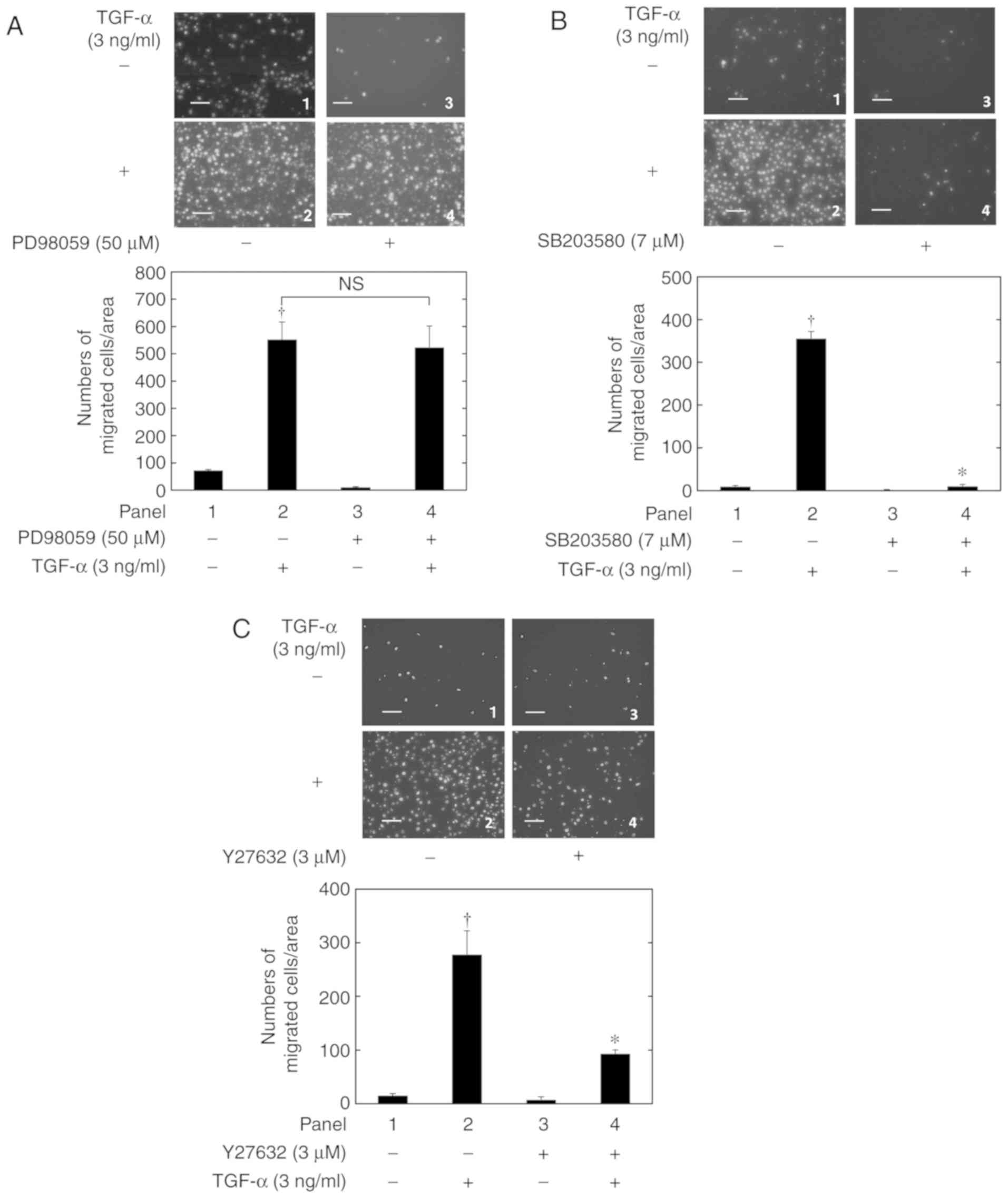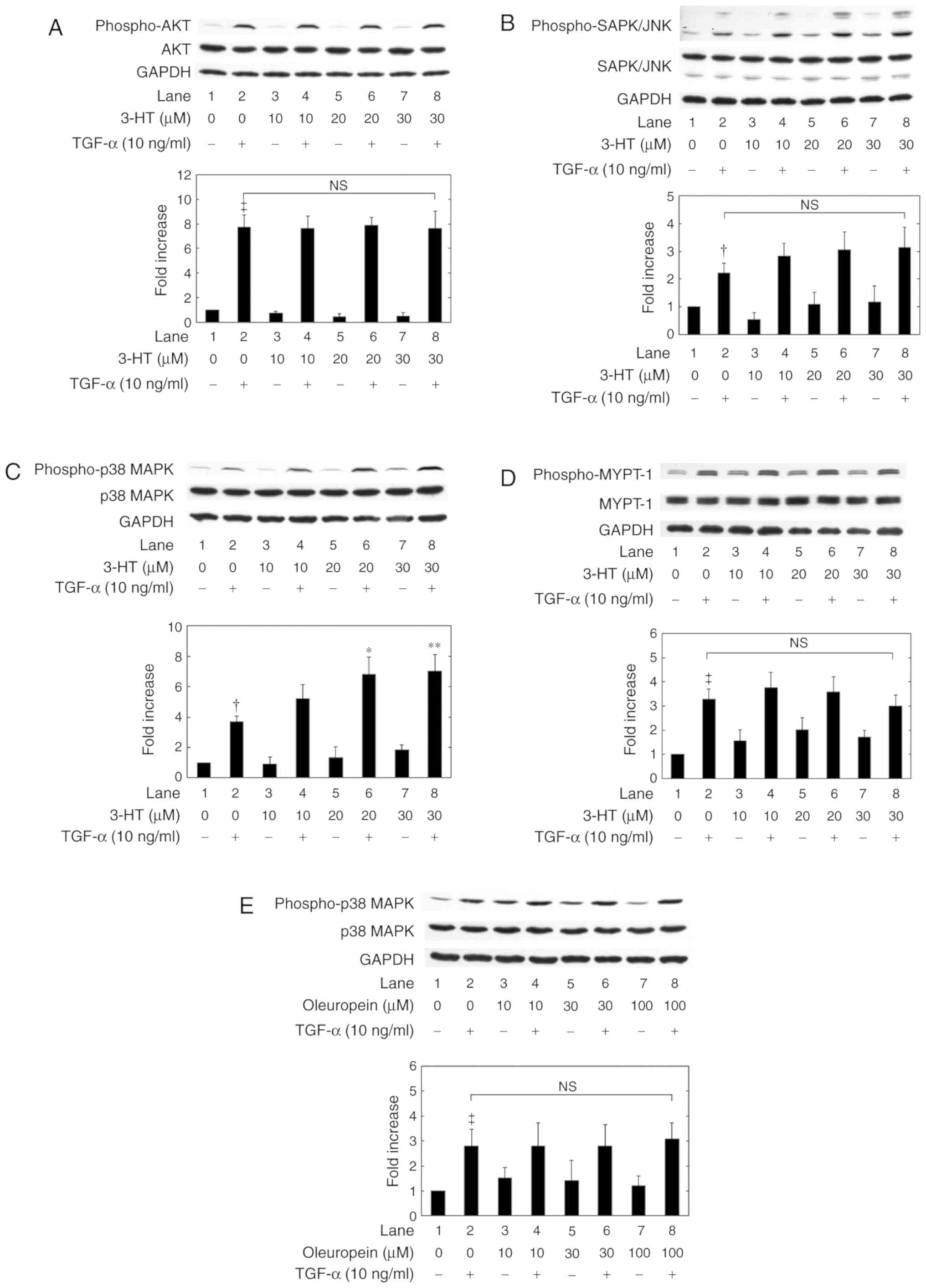|
1
|
Vissers MN, Zock PL and Katan MB:
Bioavailability and antioxidant effects of olive oil phenols in
humans: A review. Eur J Clin Nutr. 58:955–965. 2004.PubMed/NCBI View Article : Google Scholar
|
|
2
|
Echeverría F, Ortiz M, Valenzuela R and
Videla LA: Hydroxytyrosol and cytoprotection: A projection for
clinical interventions. Int J Mol Sci. 18(E930)2017.PubMed/NCBI View Article : Google Scholar
|
|
3
|
Gorzynik-Debicka M, Przychozen P, Cappello
F, Kuban-Jankowska A, Marino Gammazza A, Knap N, Wozniak M and
Gorska-Ponikowska M: Potential health benefits of olive oil and
plant polyphenols. Int J Mol Sci. 19(E686)2018.PubMed/NCBI View Article : Google Scholar
|
|
4
|
Salvini S, Sera F, Caruso D, Giovannelli
L, Visioli F, Saieva C, Masala G, Ceroti M, Giovacchini V, Pitozzi
V, et al: Daily consumption of a high-phenol extra-virgin olive oil
reduces oxidative DNA damage in postmenopausal women. Br J Nutr.
95:742–751. 2006.PubMed/NCBI View Article : Google Scholar
|
|
5
|
Ruano J, López-Miranda J, de la Torre R,
Delgado-Lista J, Fernández J, Caballero J, Covas MI, Jiménez Y,
Pérez-Martínez P, Marín C, et al: Intake of phenol-rich virgin
olive oil improves the postprandial prothrombotic profile in
hypercholesterolemic patients. Am J Clin Nutr. 86:341–346.
2007.PubMed/NCBI View Article : Google Scholar
|
|
6
|
Oliveras-López MJ, Molina JJ, Mir MV, Rey
EF, Martín F and de la Serrana HL: Extra virgin olive oil (EVOO)
consumption and antioxidant status in healthy institutionalized
elderly humans. Arch Gerontol Geriatr. 57:234–242. 2013.PubMed/NCBI View Article : Google Scholar
|
|
7
|
Soto-Alarcon SA, Valenzuela R, Valenzuela
A and Videla LA: Liver protective effects of extra virgin olive
oil: Interaction between its chemical composition and the
cell-signaling pathways involved in protection. Endocr Metab Immune
Disord Drug Targets. 18:75–84. 2018.PubMed/NCBI View Article : Google Scholar
|
|
8
|
Llovet JM, Zucman-Rossi J, Pikarsky E,
Sangro B, Schwartz M, Sherman M and Gores G: Hepatocellular
carcinoma. Nat Rev Dis Primers. 2(16018)2016.PubMed/NCBI View Article : Google Scholar
|
|
9
|
Toso C, Mentha G and Manjo P: Liver
transplantation for hepatocellular carcinoma: Five steps to prevent
recurrence. Am J Transplant. 11:2031–2035. 2011.PubMed/NCBI View Article : Google Scholar
|
|
10
|
Zhang Y, Shi ZL, Yang X and Yin ZF:
Targeting of circulating hepatocellular carcinoma cells to prevent
postoperative recurrence and metastasis. World J Gastroenterol.
20:142–147. 2014.PubMed/NCBI View Article : Google Scholar
|
|
11
|
Jaskiewicz K and Chasen MR: Differential
expression of transforming growth factor alpha, adhesions molecules
and integrins in primary, metastatic liver tumors and in liver
cirrhosis. Anticancer Res. 15:559–562. 1995.PubMed/NCBI
|
|
12
|
Qin LX and Tang ZY: The prognostic
molecular markers in hepatocellular carcinoma. World J
Gastroenterol. 8:385–392. 2002.PubMed/NCBI View Article : Google Scholar
|
|
13
|
Huang P, Xu X, Wang L, Zhu B, Wang X and
Xia J: The role of EGF-EGFR signaling pathway in hepatocellular
carcinoma inflammatory microenvironment. J Cell Mol Med.
18:218–230. 2014.PubMed/NCBI View Article : Google Scholar
|
|
14
|
Muntané J, De la Rosa AJ, Docobo F,
García-Carbonero R and Padillo FJ: Targeting tyrosine kinase
receptors in hepatocellular carcinoma. Curr Cancer Drug Targets.
13:300–312. 2013.PubMed/NCBI View Article : Google Scholar
|
|
15
|
Gao F, Deng G, Liu W, Zhou K and Li M:
Resveratrol suppresses human hepatocellular carcinoma via targeting
HGF-c-Met signaling pathway. Oncol Rep. 37:1203–1211.
2017.PubMed/NCBI View Article : Google Scholar
|
|
16
|
Zhang HH, Zhang Y, Cheng YN, Gong FL, Cao
ZQ, Yu LG and Guo XL: Metformin incombination with curcumin
inhibits the growth, metastasis, and angiogenesis of hepatocellular
carcinoma in vitro and in vivo. Mol Carcinog. 57:44–56.
2018.PubMed/NCBI View
Article : Google Scholar
|
|
17
|
Nakabayashi H, Taketa K, Miyano K, Yamane
T and Sato J: Growth of human hepatoma cells lines with
differentiated functions in chemically defined medium. Cancer Res.
42:3858–3863. 1982.PubMed/NCBI
|
|
18
|
Matsushima-Nishiwaki R, Toyoda H, Nagasawa
T, Yasuda E, Chiba N, Okuda S, Maeda A, Kaneoka Y, Kumada T and
Kozawa O: Phosphorylated heat shock protein 20 (HSPB6) regulates
transforming growth factor-α-induced migration and invasion of
hepatocellular carcinoma cells. PLoS One.
11(e0151907)2016.PubMed/NCBI View Article : Google Scholar
|
|
19
|
Matsushima-Nishiwaki R, Toyoda H,
Takamatsu R, Yasuda E, Okuda S, Maeda A, Kaneoka Y, Yoshimi N,
Kumada T and Kozawa O: Heat shock protein 22 (HSPB8) reduces the
migration of hepatocellular carcinoma cells through the suppression
of the phosphoinositide 3-kinase (PI3K)/AKT pathway. Biochim
Biophys Acta Mol Basis Dis. 1863:1629–1639. 2017.PubMed/NCBI View Article : Google Scholar
|
|
20
|
Laemmli UK: Cleavage of structural
proteins during the assembly of the head of bacteriophage T4.
Nature. 227:680–685. 1970.PubMed/NCBI
|
|
21
|
Matsushima-Nishiwaki R, Adachi S, Yoshioka
T, Yasuda E, Yamagishi Y, Matsuura J, Muko M, Iwamura R, Noda T,
Toyoda H, et al: Suppression by heat shock protein 20 of
hepatocellular carcinoma cell proliferation via inhibition of the
mitogen-activated protein kinases and AKT pathways. J Cell Biochem.
112:3430–3439. 2011.PubMed/NCBI View Article : Google Scholar
|
|
22
|
Min L, He B and Hui L: Mitogen-activated
protein kinases in hepatocellular carcinoma development. Semin
Cancer Biol. 21:10–20. 2011.PubMed/NCBI View Article : Google Scholar
|
|
23
|
Wong CC, Wong CM, Au SL and Ng IO:
RhoGTPases and Rho-effectors in hepatocellular carcinoma
metastasis: ROCK N'Rho move it. Liver Int. 30:642–656.
2010.PubMed/NCBI
|
|
24
|
Alessi DR, Cuenda A, Cohen P, Dudley DT
and Saltiel AR: PD098059 is a specific inhibitor of the activation
of mitogen-activated protein kinase kinase in vitro and in vivo. J
Biol Chem. 270:27489–27494. 1995.PubMed/NCBI View Article : Google Scholar
|
|
25
|
Cuenda A, Rouse J, Doza YN, Meier R, Cohen
P, Gallagher TF, Young PR and Lee JC: SB203580 is a specific
inhibitor of a MAP kinase homologue which is stimulated by cellular
stresses and interleukin-1. FEBS Lett. 364:229–233. 1995.PubMed/NCBI View Article : Google Scholar
|
|
26
|
Shimokawa H and Rashid M: Development of
Rho-kinase inhibitors for cardiovascular medicine. Trends Pharmacol
Sci. 28:296–302. 2007.PubMed/NCBI View Article : Google Scholar
|
|
27
|
Zhao B, Ma Y, Xu Z, Wang J, Wang F, Wang
D, Pan S, Wu Y, Pan H, Xu D, et al: Hydroxytyrosol, a natural
molecule from olive oil, suppresses the growth of human
hepatocellular carcinoma cells via inactivating AKT and nuclear
factor-kappa B pathways. Cancer Lett. 347:79–87. 2014.PubMed/NCBI View Article : Google Scholar
|
|
28
|
Yan CM, Chai EQ, Cai HY, Miao GY and Ma W:
Oleuropein induces apoptosis via activation of caspases and
suppression of phosphatidylinositol 3-kinase/protein kinase B
pathway in HepG2 human hepatoma cell line. Mol Med Rep.
11:4617–4624. 2015.PubMed/NCBI View Article : Google Scholar
|
|
29
|
Cusimano A, Balasus D, Azzolina A, Augello
G, Emma MR, Di Sano C, Gramignoli R, Strom SC, McCubrey JA,
Montalto G and Cervello M: Oleocanthal exerts antitumor effects on
human liver and colon cancer cells through ROS generation. Int J
Oncol. 51:533–544. 2017.PubMed/NCBI View Article : Google Scholar
|















